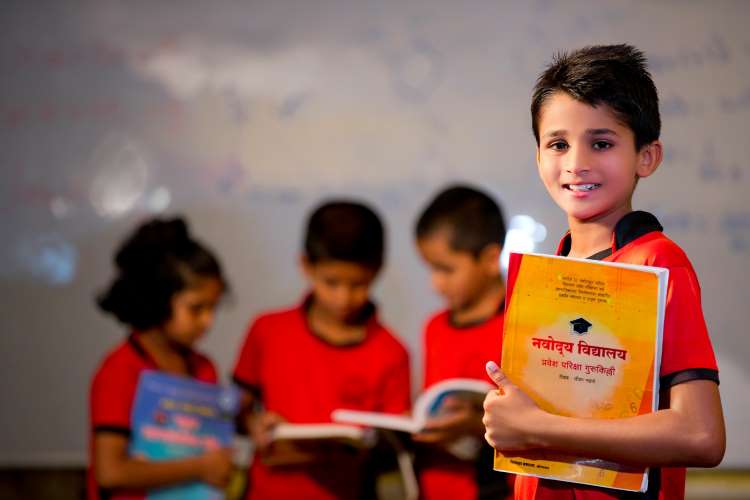
School education system in India: India is a civilizational nation that was home to Aryabhata and Bhaskara. But the current state of affairs at India’s schools and universities leaves much to be desired. A nationwide study carried out by the Union government brings grim news. The Foundational Learning Study 2022, conducted in March by NCERT and the ministry of education in partnership with UNICEF, has found that 37% of students enrolled in third standard have limited foundational numeracy skills such as identifying numbers, while 11% lack the most basic knowledge and skills. This has been the largest study in terms of scale at the foundational level of education.
The literacy skills of students in 20 languages including English were also assessed. While 15% lacked basic skills in English, 30% were found to have limited skills. The findings of the study were based on one-on-one interviews with students unlike the National Achievement Survey (NAS) which evaluates learning outcomes through a test based on multiple choice questions (MCQs) every three years. The interactions with students were standardised in order to avoid bias of assessment by two different investigators.
READ | UGC woos foreign universities with autonomy promise; chokes the best at home
Tamil Nadu, at 29%, lagged the most in numeracy skills and had the maximum number of students who could not complete the most basic grade-level tasks. This was followed by Jammu and Kashmir at 28%, Assam, Chhattisgarh and Gujarat at 18%.
Quality education is one of the Sustainable Development Goals set by the United Nations for which India is a signatory. The findings of the study become especially pertinent considering India has the second largest population in the world and is set to become the most populous nation next year. Leveraging its vast human resources can be done only through quality education. Education minister Dharmendra Pradhan said the study is critical considering the ability to read and write, and perform basic operations with numbers, is a necessary foundation and an indispensable prerequisite for all future schooling.
Meanwhile, the Centre is looking to revolutionise education in India and has brought proposals for the same via NEP, and a new UGC initiative to bring foreign universities into India.
NEP for drastic changes in education
The study comes at a time when the Union government is planning to make sweeping changes in the National Education Policy of which a draft has already been shared in 2020. It promises to overhaul the existing school and university system with a liberal approach and a bold vision. This, if comes to effect, will be the third major change to education in India since Independence. The government also plans to increase investment in education to 6% of the GDP along with boosting enrolment in higher education by 50% and adding 3.5 crore new seats in colleges and universities.
The schools will follow a new 5+3+3+4 format which translates into 5-year foundational school, 3-year preparatory school, 3-year middle school and 4-year secondary school.
READ I Shift to renewables will cut cost of farming, strengthen food security
The government has also made some sweeping changes in textbooks under the textbook rationalisation plan, supposedly in line with NEP’s directive to reduce the burden of learning on school kids. Sensitive topics such as the Gujarat riots of 2002, mentions of major protests, and history of Islamic rulers have been erased.
Mental health issues
The NCERT also conducted a mental health survey to gauge the well-being of students especially after the pandemic. It found studies, examinations and results are major causes of anxiety among school students. In fact, during the Covid-19 pandemic, 43% students reported mood swings, 38% said that they faced changes in sleeping pattern and 18% also reported financial problems at home.
The information was collected from students across gender and grades between January to March 2022.
The findings of the FSL have shone a light on the dismal state of education in India and the government now looks to set the baseline for NIPUN Bharat (National Initiative for Proficiency in Reading with Understanding and Numeracy) on the basis of this study. NIPUN Bharat is aimed at improving foundational learning and establishing reading proficiency benchmarks for fluency and comprehension for each of the languages being assessed.

